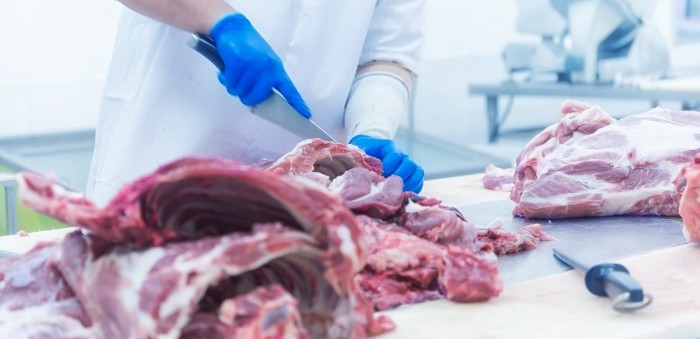Food Standards Agency (FSA) tests revealed that more than a fifth of meat sampled contained DNA from animals not on the labelling, according to the BBC.
Out of 665 results from England, Wales and Northern Ireland in the survey, 145 were partly or wholly made up of unspecified meat. These included 18 pork/ham samples, with lamb, 77 samples, the most affected.
The samples came from 487 businesses, including restaurants and supermarkets. A BBC Freedom of Information request to the FSA revealed that in total 73 of the contaminated samples came from retailers – including three supermarkets. A further 50 came from restaurants, while 22 originated from manufacturing or food processing plants.
The FSA said the levels were consistent with ‘deliberate inclusion’, that is 1% or greater un-named DNA. Levels of less than 1% were excluded from the results on the basis they could have been caused by poor hygiene.
The BBC said the tests also showed:
- Some samples contained DNA from as many as four different animals, while others contained no trace of the meat that appeared on the product’s label
- Meat labelled as lamb was most likely to contain traces of other animals’ DNA, followed by beef and goat
- Cow DNA was the most commonly found contaminate, followed by pig, chicken, sheep and turkey
- The most commonly mis-labelled product was mince meat, while sausages, kebabs and restaurant curries also featured prominently
The FSA added that testing had targeted those businesses suspected of ‘compliance issues’. The results were ‘not representative of the wider food industry’, a spokesman said.
He said it was up to the relevant local authorities – which procured the samples before sending the results to the FSA – to lead individual investigations and take “appropriate action” such as prosecutions.
The testing was introduced in response to the 2013 horsemeat scandal. While none of the 2017 samples contained horsemeat, the lack of transparency surrounding the quality and origin of meat products in the UK has raised concerns, the BBC said.
The FSA explained the ‘majority’ of samples were tested for cow, pig, sheep, goat, horse, chicken and turkey DNA because those animals represent the “overwhelming majority” of livestock reared, slaughtered and imported in the UK.
The BBC quoted experts who said replacing expensive meat with a cheaper product is a common reason behind food fraud – a global problem that has existed for centuries.




